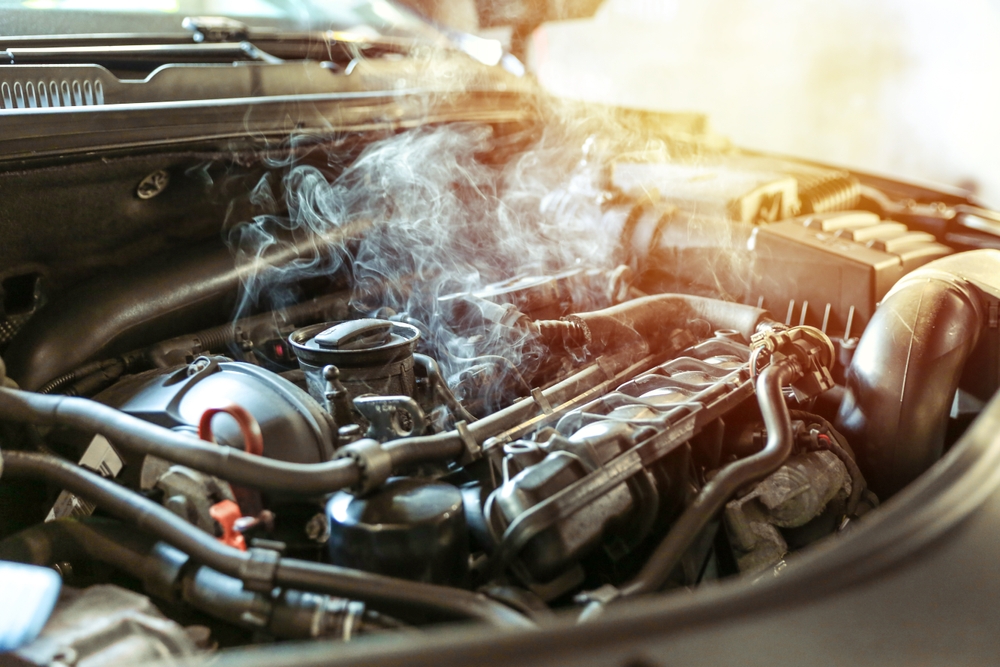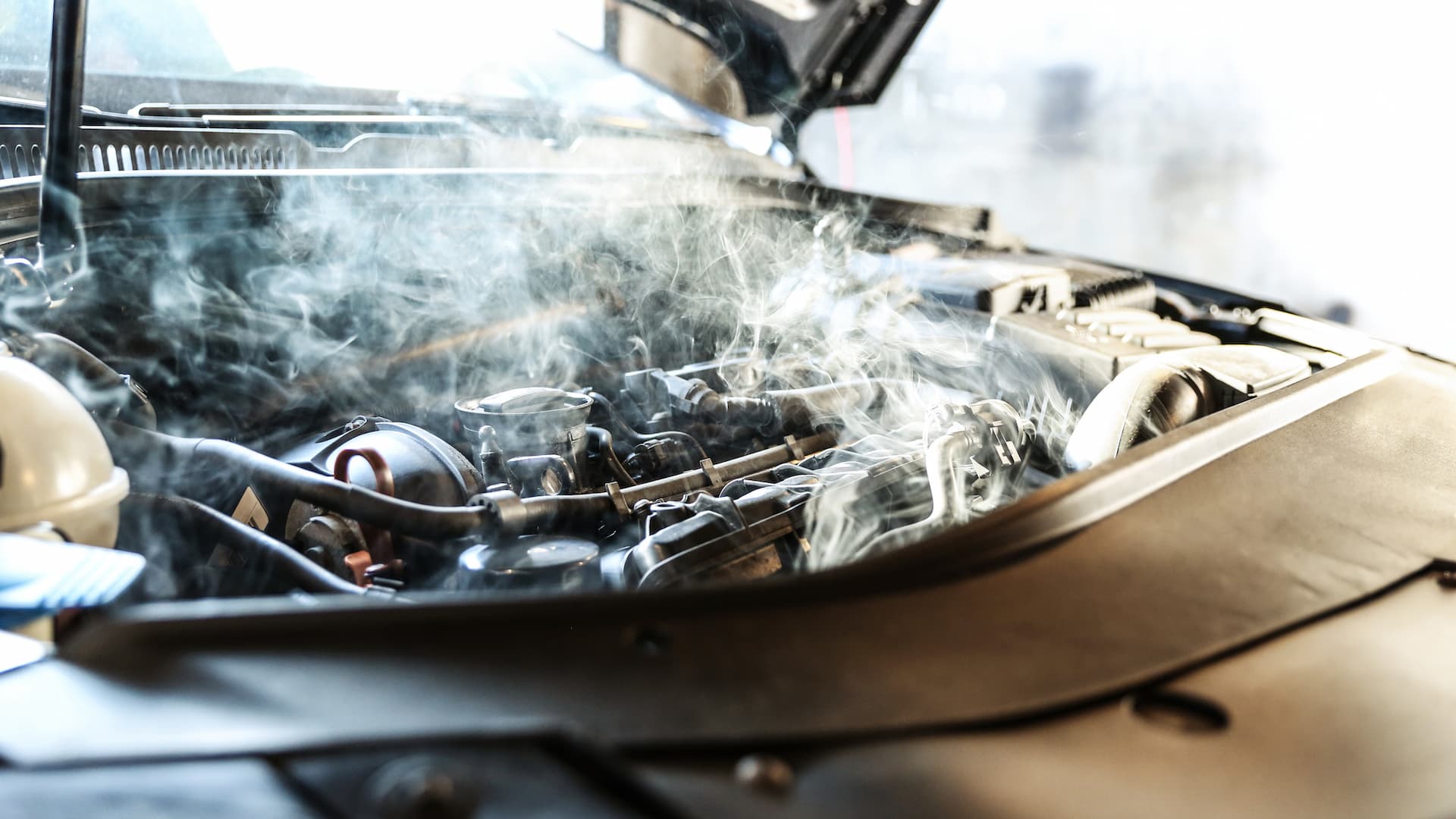As the school year ends and summer approaches, many families are eager to hit the open road, enjoying the sunshine, beach days, and picnics. However, it’s important to be prepared for potential issues like an overheating car, which could ruin your summer road trip. Overheating can happen to any car, so it’s crucial to understand the signs and take precautions to avoid damage to your engine and ensure your safety.
One of the first things to recognize is when your engine is overheating. There are several signs to watch out for, such as a strange, sweet smell, which could indicate a coolant leak. You might also notice steam or smoke coming from under the hood. Additionally, if the engine temperature gauge spikes to the “hot” zone or turns red, or if you see a “Check Engine” or “Temperature” light appear, these are clear indicators that your car may be overheating.
If your car does overheat, it’s important to know how to react. First, turn off the air conditioner to reduce stress on the engine. Next, turn up the heat in the cabin to help draw heat away from the engine. Safely pull over, shut off the engine, and allow it to cool for at least 15 minutes. While waiting, keep an eye on the temperature gauge to ensure it moves back to normal. It’s also a good idea to call for help, whether that’s a friend or a tow truck, and you can add coolant if you have some available to prevent further damage.

There are several things you should avoid doing when your car overheats. First, do not continue driving, even if the engine seems to be running. This could cause significant damage. Avoid panicking—while the engine may be overheating, staying calm is essential. Don’t open the hood immediately; it’s too hot and could result in burns. Lastly, don’t wait for the situation to resolve on its own; overheating needs attention right away to prevent engine damage.
Preventing engine overheating is just as important as knowing how to react when it happens. A well-maintained cooling system helps regulate the engine’s temperature. The cooling system, controlled by the thermostat, circulates coolant to keep the engine at the right temperature and protect it from corrosion. Keeping this system in good working order can help prevent overheating and extend the lifespan of your engine.
Checking your coolant level is a simple yet essential part of vehicle maintenance. Every few months or before long trips, pop the hood and check the coolant level in the radiator reservoir. If the coolant is low, wait for the engine to cool down and add more to bring the level between the “low” and “full” marks. Be sure to use the correct coolant, as specified in your owner’s manual. If you’re unsure or want a professional to handle it, a visit to a service center like Jiffy Lube can help.
Regular maintenance is key to preventing overheating issues, and Jiffy Lube offers comprehensive services to keep your car running smoothly. A Jiffy Lube technician can perform a radiator coolant exchange, replacing the old coolant with fresh fluid that meets manufacturer specifications. They also inspect seals, gaskets, and hoses for potential issues. Summer is an ideal time for an oil change at Jiffy Lube, where technicians check and top off vital fluids, including coolant, to help ensure your car is ready for the road.

